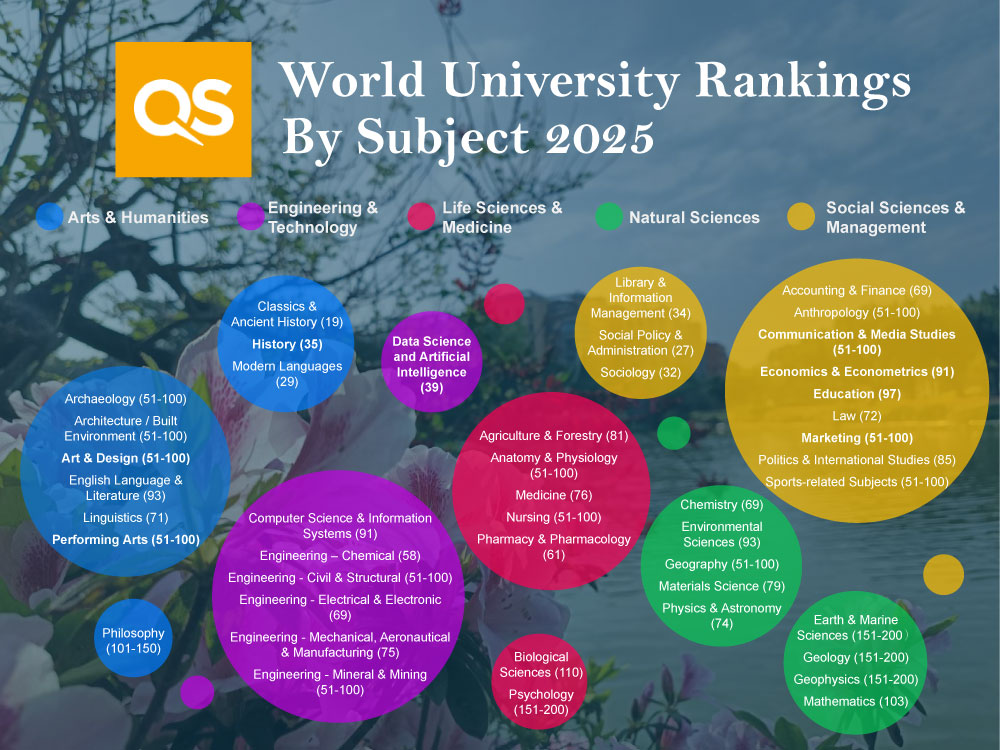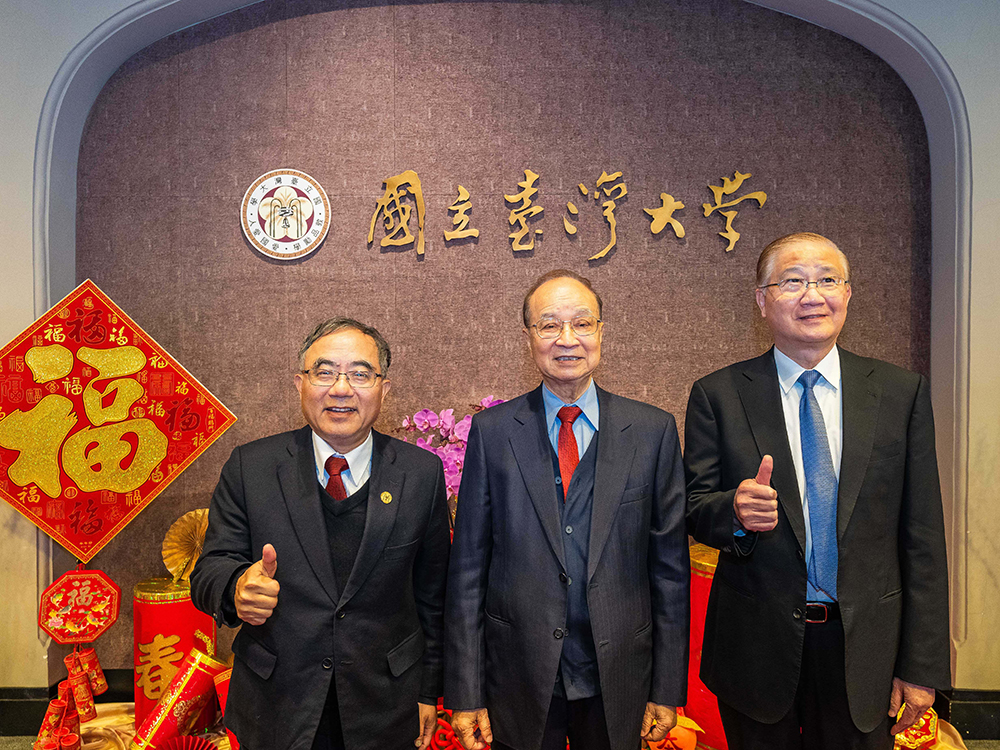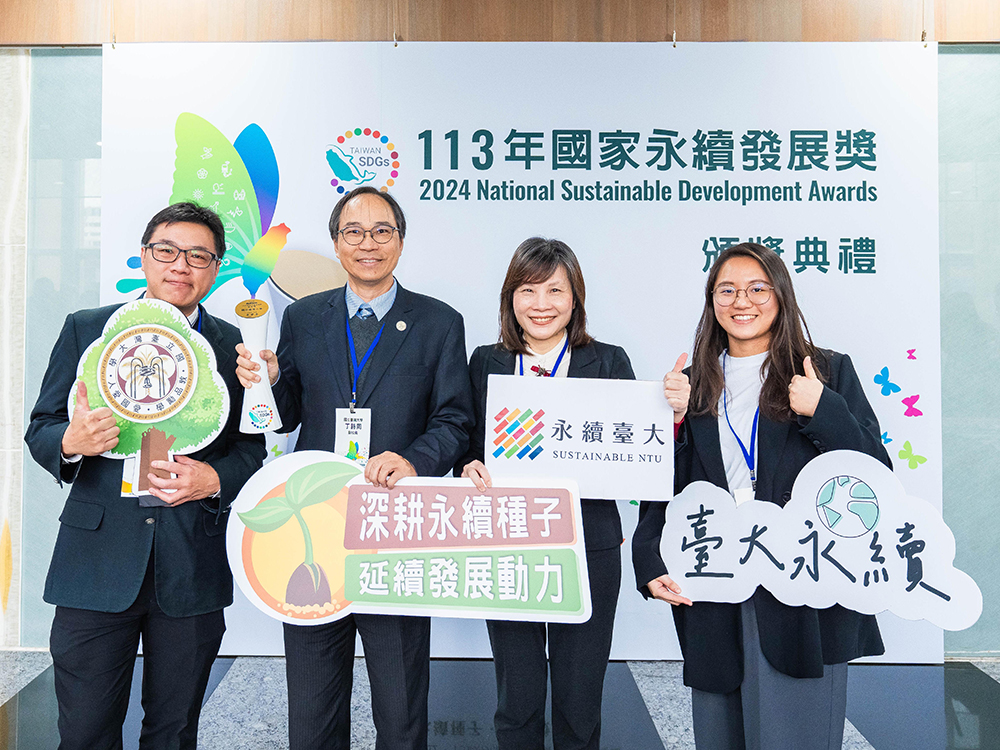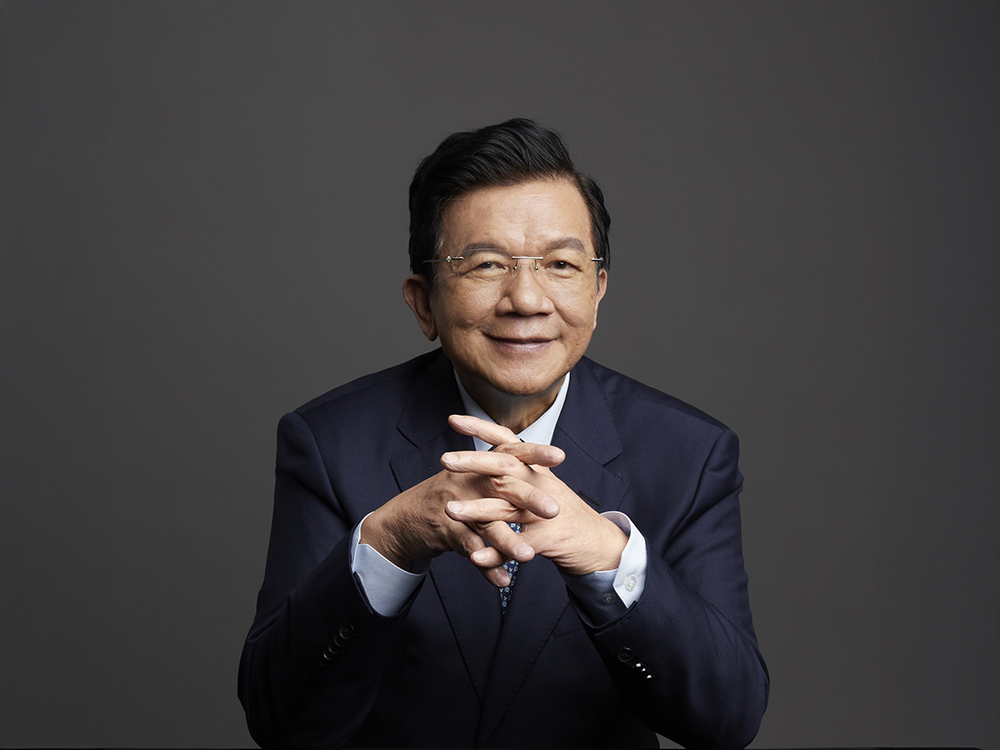
NTU ranks Top 50 in 7 subjects in 2025 QS Subject Rankings
瀏覽器版本過舊,或未開啟 javascript
請更新瀏覽器或啟用 javascript
Spotlights
Prof. Tung-Wu Lu (front row, first from the left) at NTU’s Department of Biomedical Engineering elected a fellow of the US National Academy of Kinesiology.
Prof. Tung-Wu Lu at NTU’s Department of Biomedical Engineering was elected a class 2024 fellow of the US National Academy of Kinesiology. On September 28, he received the certificate and medal in person in Minnesota.
Established in 1926, the US National Academy of Kinesiology was established in 1926 and is the highest academic institution in the field of kinesiology in the US. Being elected as a fellow is a lifetime honor, symbolizing a significant standing in the global field of kinesiology. Over nearly a century, only 643 scholars have been elected as fellows. For the 2024 class, 19 new fellows were elected, including three of international origins. Prior to this, only three individuals from Taiwan had received this distinction, and Prof. Lu is the first Taiwanese recipient of non-sports background.
Prof. Lu received his Ph.D. in Engineering Science from Oxford University in 1997 and has served at NTU’s Department of Biomedical Engineering for 26 years. During this time, he served as the Director of the Rehabilitation Engineering Research Center under the College of Engineering and the Chair of the Department of Biomedical Engineering. He is also a jointly-appointed professor at the School of Occupational Therapy, the College of Medicine, the Director of the NTU’s Health Science and Wellness Center, as well as a board member of the Taiwan Institute of Sports Science.
Prof. Lu's expertise spans human motion analysis, orthopedic biomechanics, sports biomechanics, imaging biomechanics, and smart wearable technology. To date, he has published over 210 journal papers. He has received several prestigious awards, including the New Investigator Recognition Award from the US Orthopaedic Research Society, recognition as one of the top 2% of scientists worldwide, and multiple best paper awards from the International Society of Biomechanics and related societies in Taiwan. Prof. Lu's research has had a profound impact on practical applications, particularly his 1999 proposal of a global optimization method that addresses skin marker movement errors in 3D motion capture and analysis systems. This method is now widely used in commercial motion capture, analysis, and software worldwide, making significant contributions to research and applications in human motion analysis.

NTU ranks Top 50 in 7 subjects in 2025 QS Subject Rankings

New articles by NTU Hospital uncover the tie between metabolic abnormalities and the risk of mortality and cancer

Embracing the Year of Snake: Lunar New Year Gathering

NTU wins the 2024 “National Sustainable Development Awards” for exerting influence in higher education

Prof. Chih-Kung Lee of NTU’s Institute of Applied Mechanics elected NAI Fellow
Current Spotlights